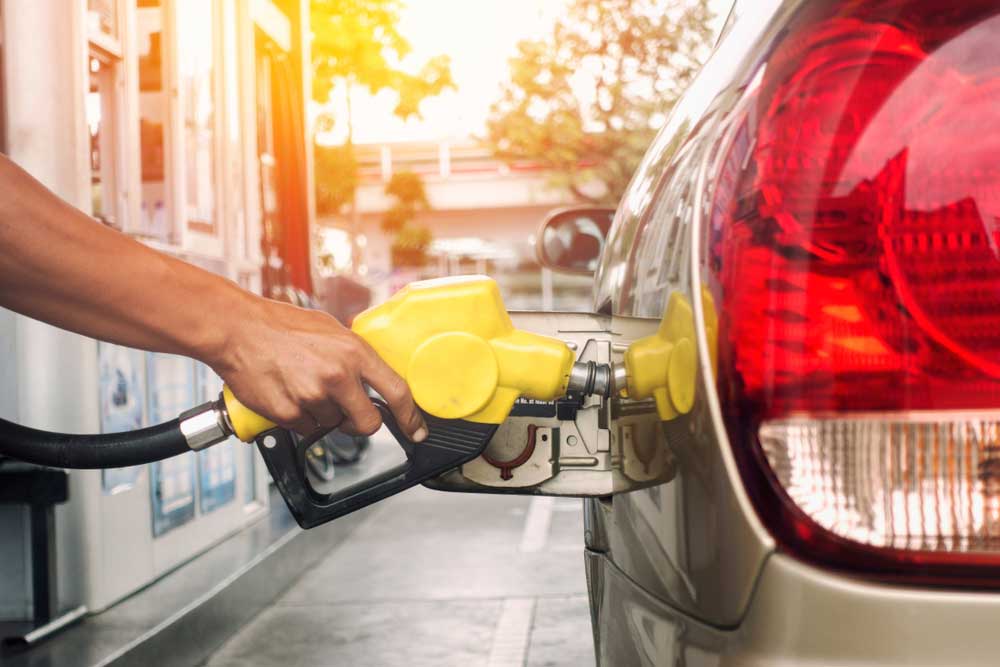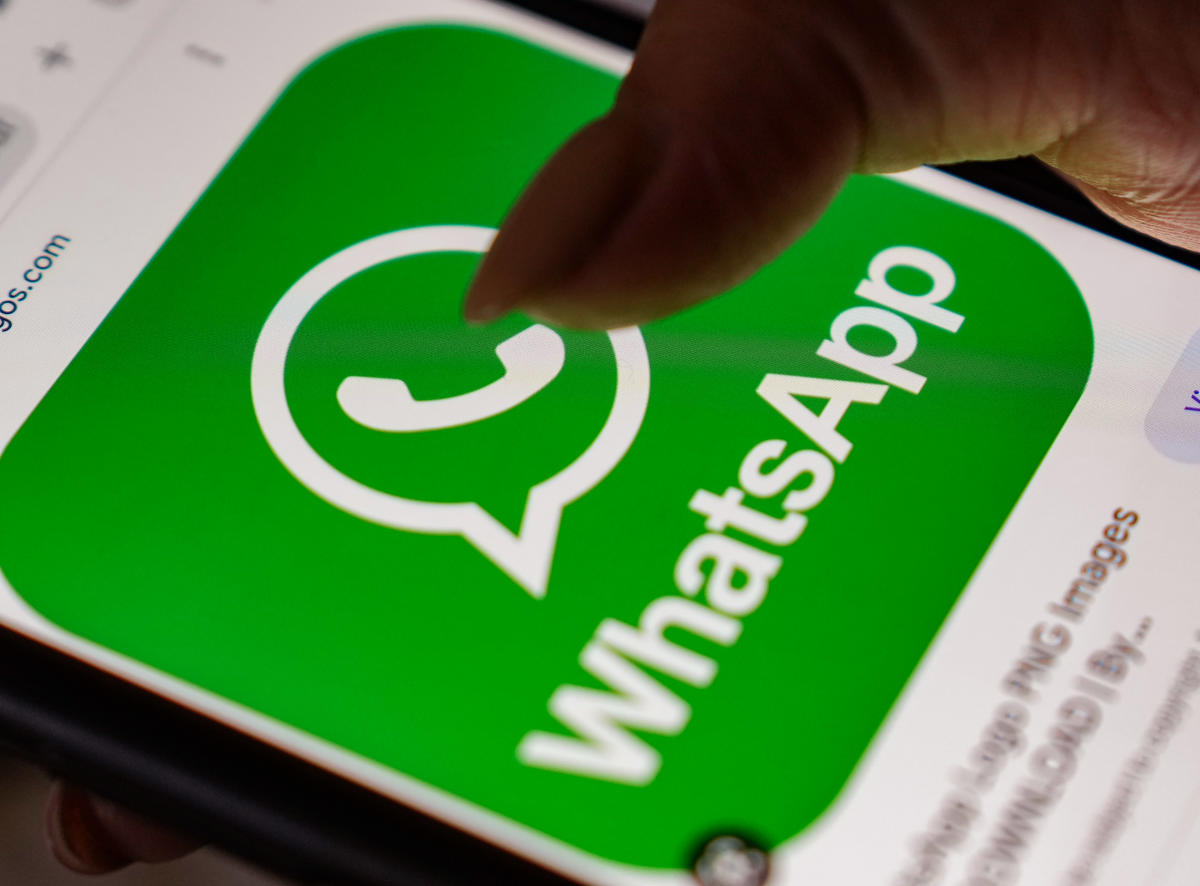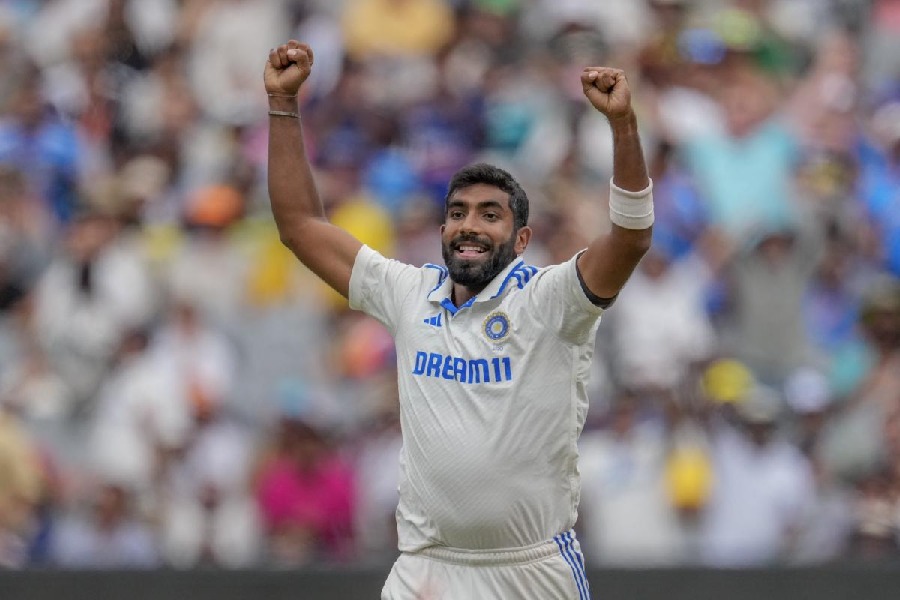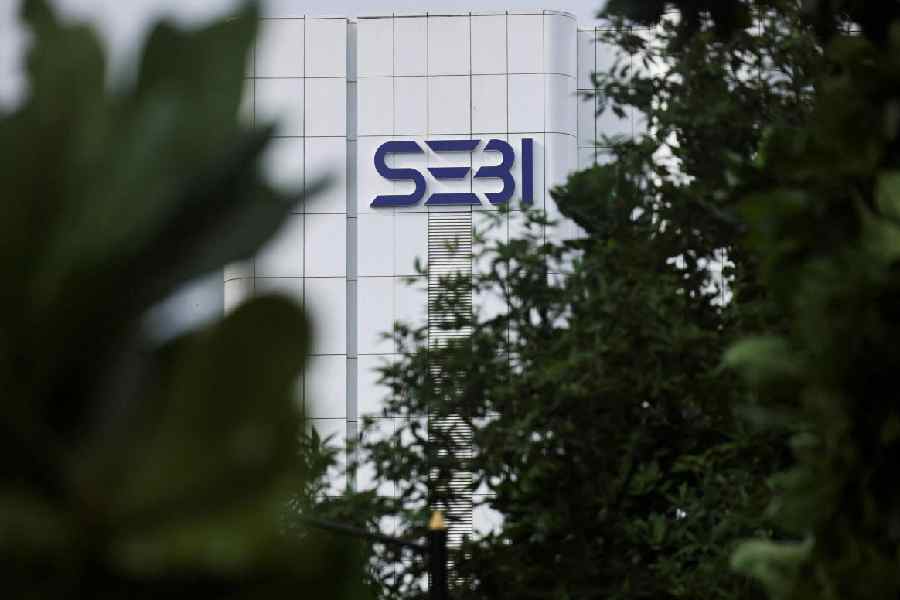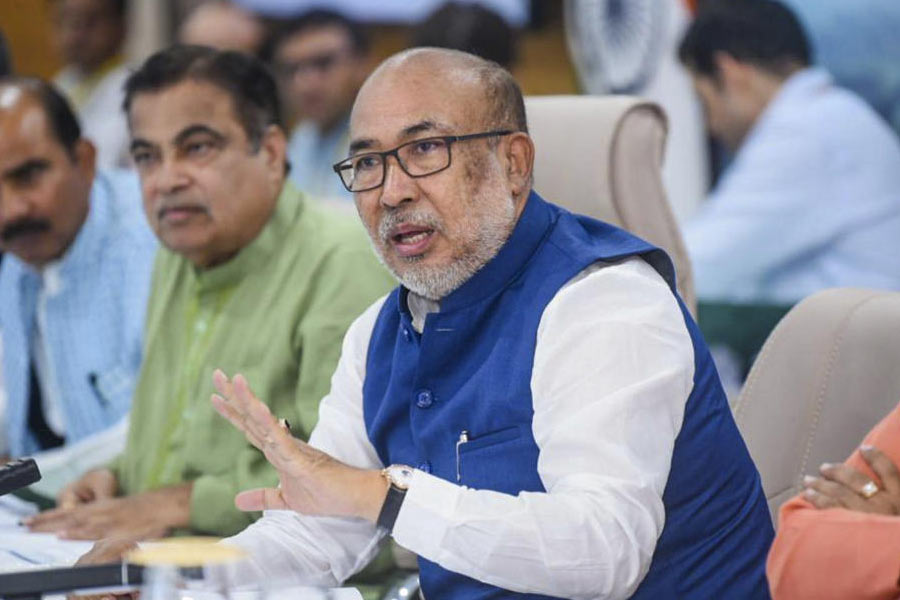Motorists in the country are unlikely to get the full benefit of the slump in global crude as the Modi government could hike the excise duty to shore up falling revenues because of the slowdown in the economy.
Oil prices tanked over 30 per cent on Monday after Saudi Arabia slashed prices and set plans for a dramatic increase in crude production in April.
Brent futures plummeted to about $31 a barrel on Monday as Goldman Sachs warned prices could drop to near $20.
Finance ministry officials said the policy response of the government would be in line with the evolving situation. They hinted that the economic impact of the coronavirus would also have to be taken into consideration while formulating the policy response.
Sources said the government would consider the option of increasing the excise duty to benefit from the slump in global crude prices. At present, the excise levy on a litre of petrol includes a basic excise duty of Rs 2.98, a special additional excise duty of Rs 8 and road and infrastructure cess of Rs 9.
A litre of diesel sees a basis excise duty of Rs 4.83, additional excise duty of Rs 2 and road and infrastructure cess of Rs 9.
“While lower oil prices will translate into lower retail prices, this benefit will not be fully realised as the lower oil burden on summers is unlikely to be fully translated into higher spending in the near term as it is occurring against the backdrop of an overall downdraft in the economy and financial market volatility,” Morgan Stanley said in a report.
“As on March 1, 2020, the government, Centre plus states, is collecting around 107 per cent taxes, (excise duty and VAT) on the base price of petrol and 69 per cent in the case of diesel. With the sudden fall in crude oil prices, we do not foresee a change in the revenues of the central government but there could be a potential fall in the revenues of the states as taxes are levied on an ad-valorem basis,” said Madan Sabnavis, chief economist at Care Ratings.
According to Sabnavis, “on an overall basis, even with the softening of the petrol and diesel prices, it has been noticed in the past the government does not pass through the impact of the soft crude prices completely to the consumer and will continue to benefit with the oil tax revenues as a whole.”
The crude price crash had allowed the government to shore up finances by raising excise duty nine times between November 2014 and January 2016 and splurge on big-ticket social schemes.
When Narendra Modi first assumed office as Prime Minister in May 2014, India’s crude purchase cost $108 a barrel. By the third year, it had more than halved to $48 a barrel.
In 2019-20, India’s crude purchase has averaged $64 a barrel and is likely to be a little lower at the final count.

